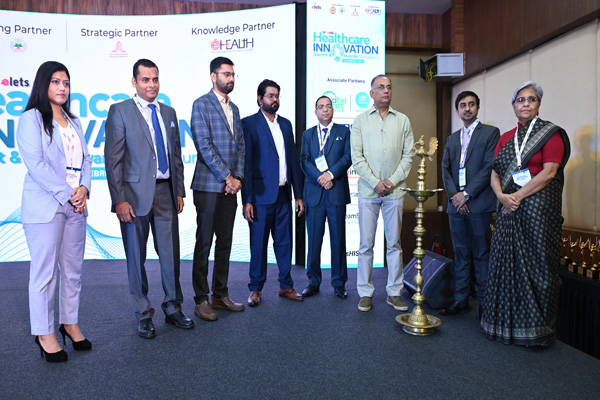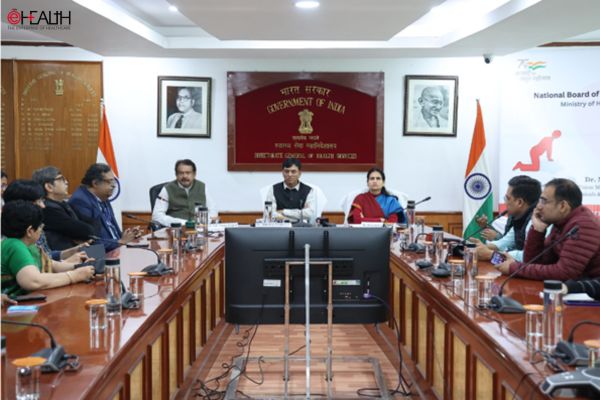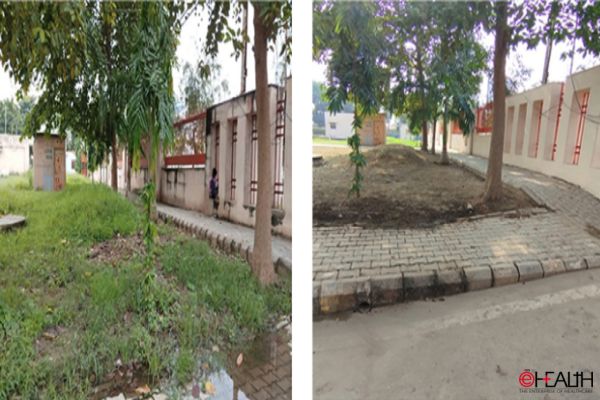
Takeda announced that the Committee for Medicinal Products for Human Use (CHMP) of the European Medicines Agency (EMA) recommended the approval of Takeda’s dengue vaccine candidate, TAK-003, for the prevention of dengue disease caused by any serotype in individuals four years of age and older in Europe and in dengue-endemic countries participating in the parallel EU-M4 all procedure. The final step in the path to approval in Europe is marketing authorisation from the EMA, which is expected in the coming months. Regulatory reviews will also progress in dengue-endemic countries in Latin America and Asia.
“We are one step closer towards the approval of a dengue vaccine that could benefit many of the millions of individuals around the world exposed to dengue. This is a major moment for the global health community, European countries, and the dengue-endemic countries that participated in the EU-M4 all procedure,” said Gary Dubin, M.D., president of the Global Vaccine Business Unit at Takeda. “We have been working for many years to help improve the way dengue can be prevented. Our efforts to provide a new option for dengue prevention support Takeda’s overall goal to provide long-term societal value to the people we serve.”

The incidence of dengue has grown dramatically around the world in recent decades, causing an estimated 390 million infections and 5,00,000 hospitalisations annually. The rise in cases can be attributed to factors such as urbanisation, globalisation, and climate change. Severe dengue accounts for about 5 per cent of dengue cases and is a leading cause of severe illness and death among children and adults in Latin America and Asia. Dengue is the second most diagnosed cause of fever in travelers returning to Europe from endemic countries. Its presence is far-reaching in endemic countries across the Americas, South-East Asia, and Western Pacific regions. It is growing in non-endemic areas in continental Europe, including France, Italy, Germany, Spain, and the United States.
“The global health community has been eager for a dengue vaccine that is accessible without the barrier of pre-vaccination testing”, said Dr. Ooi Eng Eong, Professor of Emerging Infectious Diseases at Duke-NUS Medical School in Singapore. “The robust clinical data provided by Takeda shows that its dengue vaccine has the potential to help prevent dengue cases and hospitalisations. Today, we are closer to helping improve dengue prevention and reducing the burden of disease on countries, communities, and health systems.”
The Committee’s positive opinion was supported by results across five Phase 1, 2, and 3 trials with more than 28,000 children and adults. This includes four and a half years of follow-up data from the global, pivotal Phase 3 Tetravalent Immunisation against Dengue Efficacy Study (TIDES) trial, consistent with the World Health Organization’s (WHO) recommendation to obtain three to five years of follow-up data after the completion of primary dengue vaccination in order to most accurately assess safety and efficacy. TIDES exploratory analyses showed that throughout the four and a half years of study follow-up, TAK-003 prevented 84 per cent of hospitalised dengue cases and 61 per cent of symptomatic dengue cases in the overall population, including both seropositive and seronegative individuals. TAK-003 has been generally well tolerated, with no evidence of disease enhancement in vaccine recipients, and no important safety risks have been identified in the TIDES trial.

Be a part of Elets Collaborative Initiatives. Join Us for Upcoming Events and explore business opportunities. Like us on Facebook , connect with us on LinkedIn and follow us on Twitter , Instagram.












